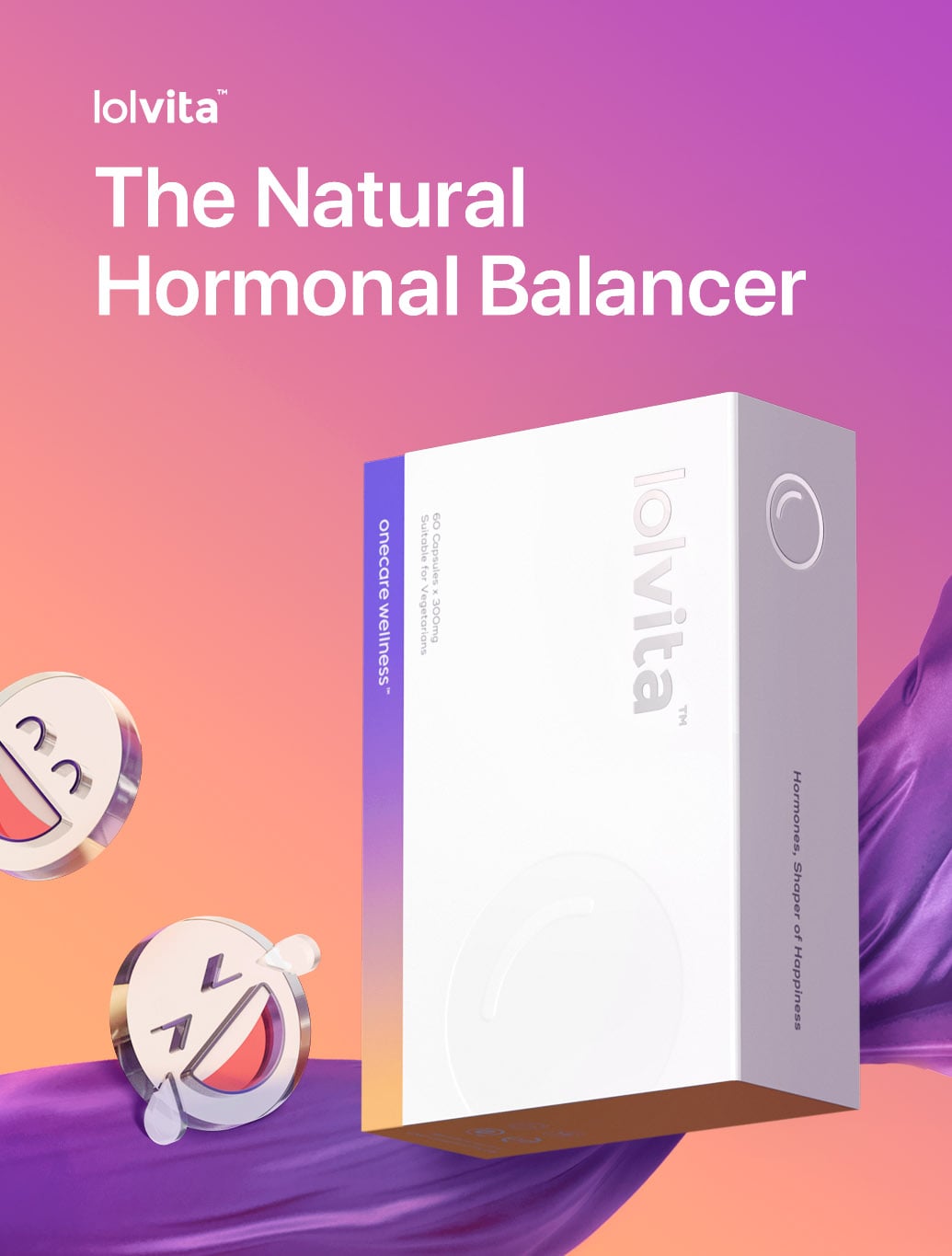Too busy (or just simply lazy) to exercise or find it too difficult to keep up with a good diet? Good news for you as there’s an easy (and effective) way out! lolvita™ is formulated with Pueraria Mirifica, a phytoestrogen-rich herb to help rebalance estrogen deficiency by naturally mimicking the body’s friendly estrogen, estriol (E3) to fill in the gap. That way, it can maintain a healthy estrogen level that’s required for a happier and more stable mood.
There’s more! When the body’s natural hormonal system is well balanced, it can also help to ease away other symptoms that come along the journey of menopause. As estrogen declines, menopause symptoms like hot flashes, insomnia, and poor memory can all flare up. By taking just 2 capsules of lolvita™ a day, you’ll be able to tackle the deep-rooted cause of menopause and say goodbye to all unending struggles (cheers to a happier self!)

